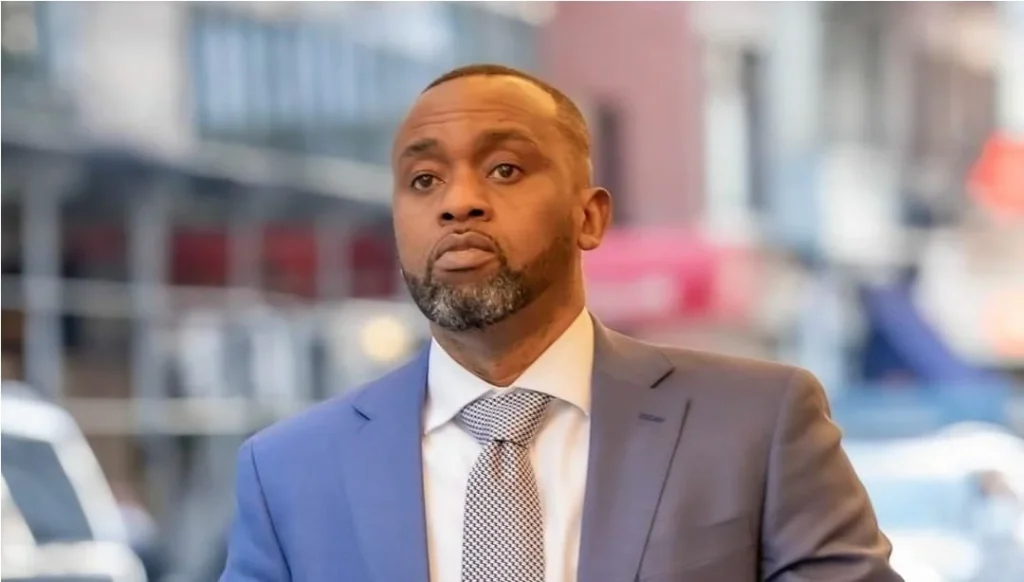Amid ongoing crises in Nigeria’s tertiary education system, the Nigerian Society of Engineers (NSE) has sounded a crucial alarm about the worsening neglect of primary education. While unveiling three classroom blocks built by its Bwari, Abuja branch for a public primary school in the Federal Capital Territory (FCT), the engineers decried the dilapidated state of public primary schools. They urged for substantial investment to rehabilitate these institutions, stressing that a nation’s future hinges on the quality of education at this foundational level. This plea should serve as a wake-up call to the government to prioritize primary education.
The primary school being upgraded by the NSE lacked basic facilities, with students receiving lessons in water-logged classrooms with poor sanitation, conditions far from suitable for meaningful learning. The state of the school is emblematic of a broader national issue, as most public schools across Nigeria are in disrepair, creating environments that are neither conducive to education nor safe for the children. This dismal state of affairs threatens the future of Nigeria’s education system and exposes children to health risks. It is shocking that such conditions exist in the FCT, where higher standards of infrastructure and resources are expected.
Urgent reform and refocusing of Nigeria’s education system is necessary, based on universal educational goals and national priorities. Education, considered a fundamental right by the United Nations, is seen by UNESCO as a service that transforms lives and drives sustainable development. Neglecting primary education, however, risks jeopardizing Nigeria’s long-term progress.
UNICEF emphasizes that primary education lays the groundwork for development, teaching children critical life skills that shape their future contributions to society. In light of this, state and local governments must heed the NSE’s call and uphold their constitutional responsibility to ensure free and compulsory basic education for all children, as mandated by the Child Rights Act of 2003 and the Universal Basic Education Act of 2004.
Despite these legislative mandates, primary education remains largely neglected by state and local governments. The figures speak volumes: 20.2 million Nigerian children are currently out of school. In schools that are operational, the conditions are dire—dilapidated buildings, lack of sanitation, inadequate learning materials, and poorly trained, demotivated teachers. Absenteeism is rampant among teachers, and the school inspectorate system has all but collapsed. This neglect of primary education is eroding the foundation on which Nigeria’s future should be built.
In earlier decades, when teachers were properly trained and equipped to handle primary education, students who completed primary school were equipped with basic literacy and numeracy skills, allowing them to either enter the workforce or further their education independently. Today, however, most children entering secondary schools are ill-prepared, creating a ripple effect that extends to higher education, where many students resort to cheating to pass exams. This deterioration has led to a flood of poorly educated graduates who are unfit for the modern workforce.
The quality of Nigeria’s human capital has suffered, with quacks infiltrating professions like teaching, engineering, and medicine. Employers frequently report that Nigerian graduates lack the necessary skills for the job market, forcing companies to retrain new hires at significant cost.
To reverse this trend, states must prioritize the planning and funding of primary education. This begins with a needs assessment to determine the quality of teachers and resources required to properly educate Nigeria’s youth. Some state governments have identified thousands of unfit teachers through competency tests, but most lack the political will to remove them. Kaduna State stands out as an exception in addressing this issue.
Beyond hiring qualified teachers, states must provide standard facilities, teaching materials, and fair compensation for educators. Salaries, retirement benefits, and working conditions should be improved to attract and retain top talent in the education sector.
Countries that consistently invest in primary education, such as the United States, the United Kingdom, Germany, and Canada, have achieved superior educational outcomes, according to the 2021 World Population Review. In these countries, national and sub-national governments work together to fund and support primary education, laying the foundation for success in secondary and tertiary education.
Nigeria’s states and local governments must follow this model to ensure a strong educational foundation for both individuals and society as a whole. The Federal Ministry of Education’s recommendation that states allocate at least 15 percent of their budgets to education is a step in the right direction and should be implemented across the board. Rather than focusing on establishing more underfunded and poorly staffed tertiary institutions, the government should channel resources into revitalizing the basic education sector. This includes making primary education compulsory, increasing funding, improving facilities, and hiring qualified staff.
The five states that have yet to domesticate the Child Rights Act should do so immediately, and all 36 states must enforce it rigorously. The future of Nigeria depends on it.













